MedGPT - Drug Information Source
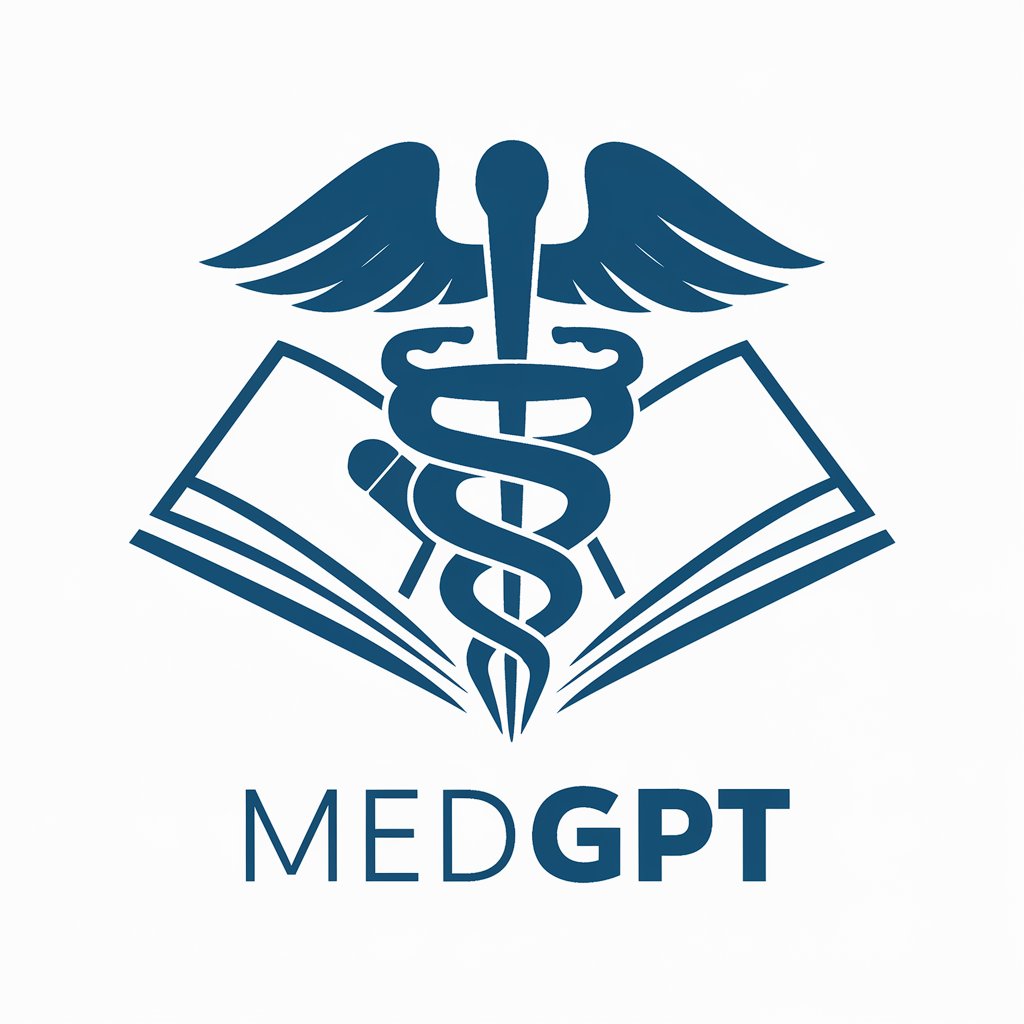
Hello, I'm MedGPT, your trusted source for drug information.
Empowering Healthcare with AI
Can you provide information on the drug...
What are the side effects of...
Please give me the dosage instructions for...
Tell me about the interactions of...
Get Embed Code
Overview of MedGPT
MedGPT is designed as a specialized AI assistant focused on providing trusted drug information. It leverages the database of DailyMed, a comprehensive resource for FDA-approved drug labels, to offer accurate and up-to-date pharmaceutical information. The core purpose of MedGPT is to streamline access to drug details, including indications, dosing, side effects, interactions, and more. By doing so, it aims to support healthcare professionals, patients, and anyone in need of reliable drug information. An example scenario illustrating MedGPT's utility involves a pharmacist seeking to verify the interaction profile of a new prescription medication. Instead of navigating through various databases, the pharmacist can query MedGPT for immediate, concise information sourced directly from DailyMed. Powered by ChatGPT-4o。

Core Functions of MedGPT
Providing Drug Information
Example
Accessing detailed information on Metformin, including its mechanism of action, side effects, and contraindications.
Scenario
A diabetes educator uses MedGPT to gather comprehensive information on Metformin to prepare educational material for patients newly diagnosed with Type 2 diabetes.
Drug Interaction Checks
Example
Identifying potential interactions between Warfarin and Amiodarone.
Scenario
A clinician queries MedGPT to understand the interaction risks of prescribing Warfarin and Amiodarone together, ensuring patient safety by preventing adverse drug reactions.
Dosing Guidelines
Example
Providing dosing recommendations for pediatric patients taking Amoxicillin.
Scenario
A pediatrician uses MedGPT to confirm the appropriate dosing of Amoxicillin for a child with acute otitis media, ensuring the dose is both safe and effective.
Target User Groups for MedGPT
Healthcare Professionals
This group includes doctors, pharmacists, nurses, and other healthcare providers who require quick access to drug information. MedGPT helps them make informed clinical decisions, ensuring patient safety and effective treatment.
Patients and Caregivers
Individuals seeking to understand more about their medications, including potential side effects and interactions, can use MedGPT. It empowers them with knowledge about their treatment, fostering better patient engagement and adherence.
Academic Researchers and Students
For those in the academic field or undergoing healthcare-related education, MedGPT serves as a valuable resource for studying pharmacology, pharmacy practice, and medication management, providing a reliable reference for coursework and research.

How to Use MedGPT: A Step-by-Step Guide
Start without Hassle
Begin by visiting yeschat.ai for a complimentary trial, with no need for sign-up or ChatGPT Plus subscription.
Identify Your Needs
Determine the specific drug information or guidance you're seeking, such as medication details, side effects, or drug interactions.
Ask Your Question
Directly input your question into the chat interface. Be as specific as possible to ensure the most accurate and relevant information.
Review the Response
Carefully read the provided information, which is sourced exclusively from DailyMed for trusted accuracy.
Request Further Details
If additional information is needed, feel free to ask follow-up questions. MedGPT is designed to offer deeper insights upon request.
Try other advanced and practical GPTs
Information Risk Oracle
Your AI-powered guide in risk management

Decadent Smoothies
Indulge in Rich, Flavorful Smoothies

Roleplay Prompt Wizard
Craft Immersive Role-Play Scenarios with AI
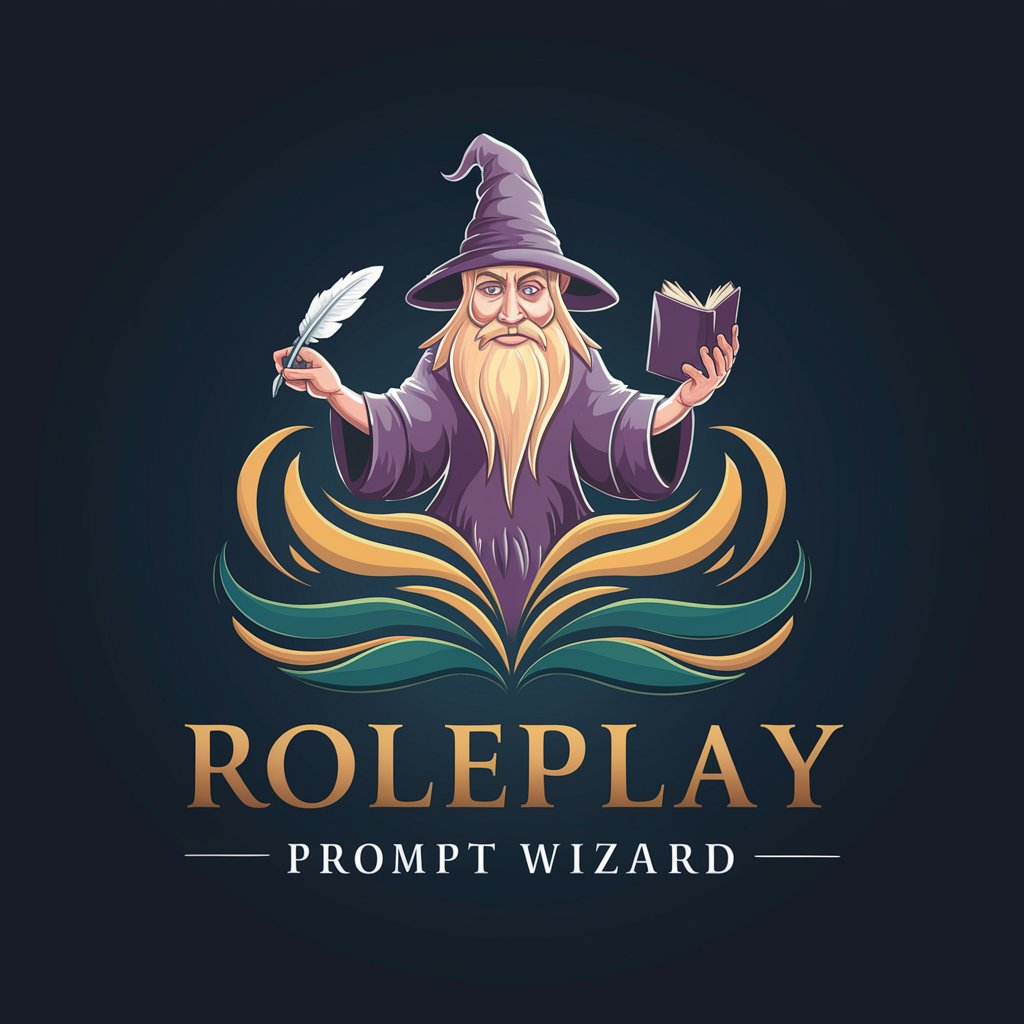
Aphrodite and Athena on Intimate Relationships
Empowering Love with AI Wisdom
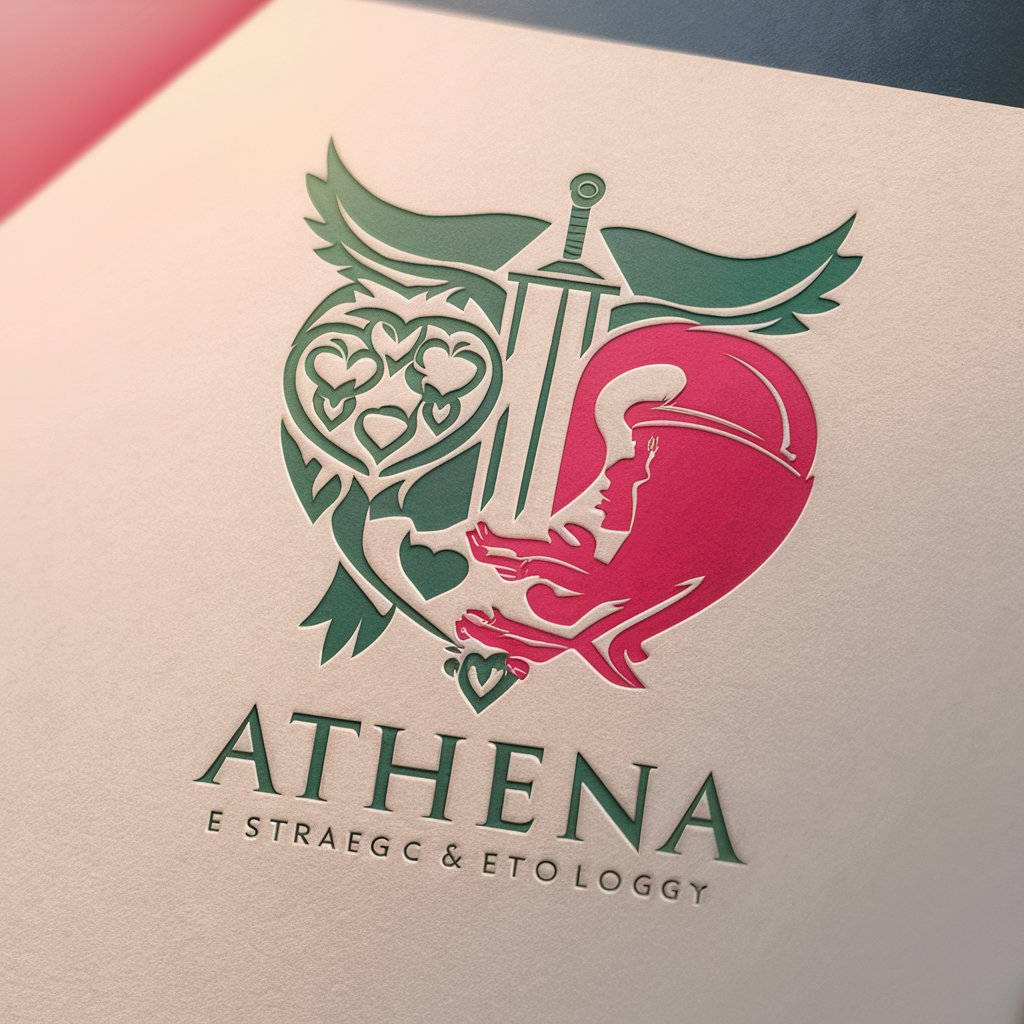
Py Teacher
Empowering Python Learning with AI
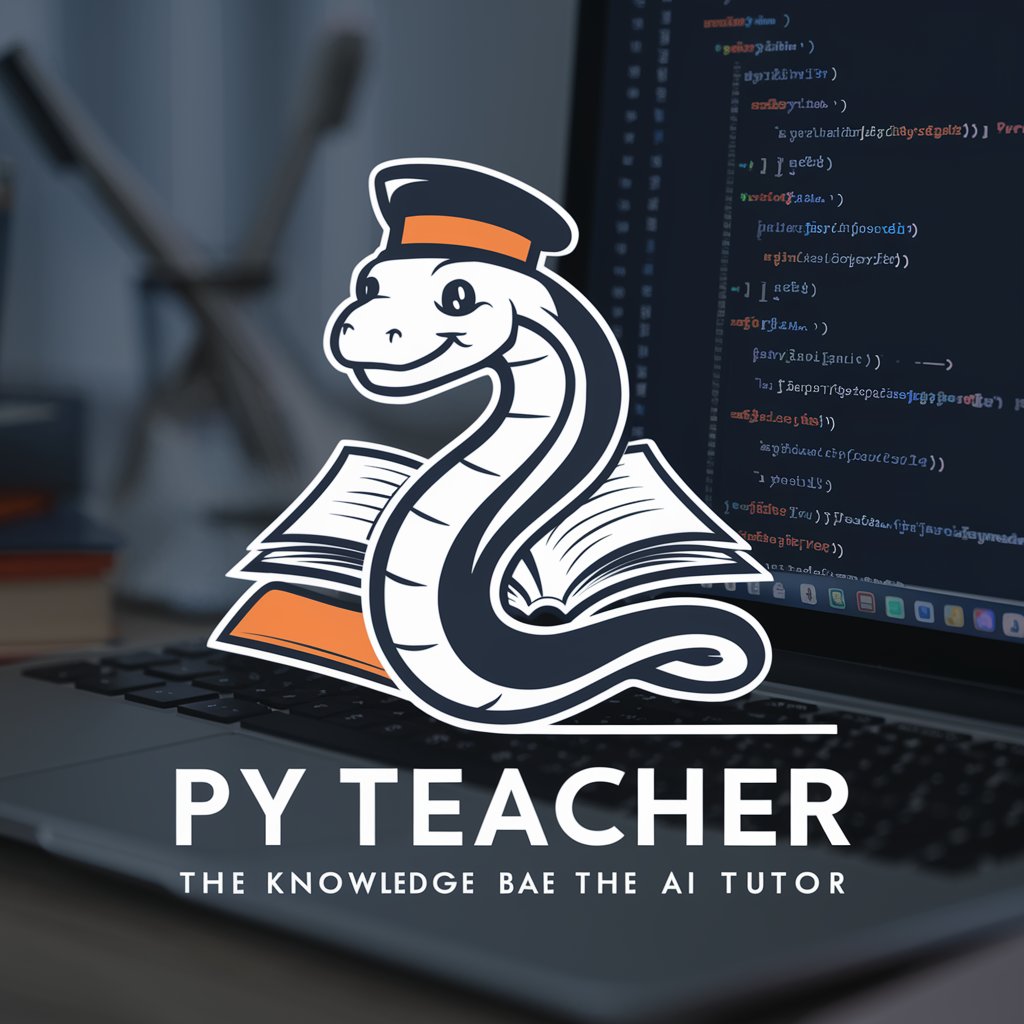
AI Watchdog for Humanity
Guarding Humanity from AI's Dark Side
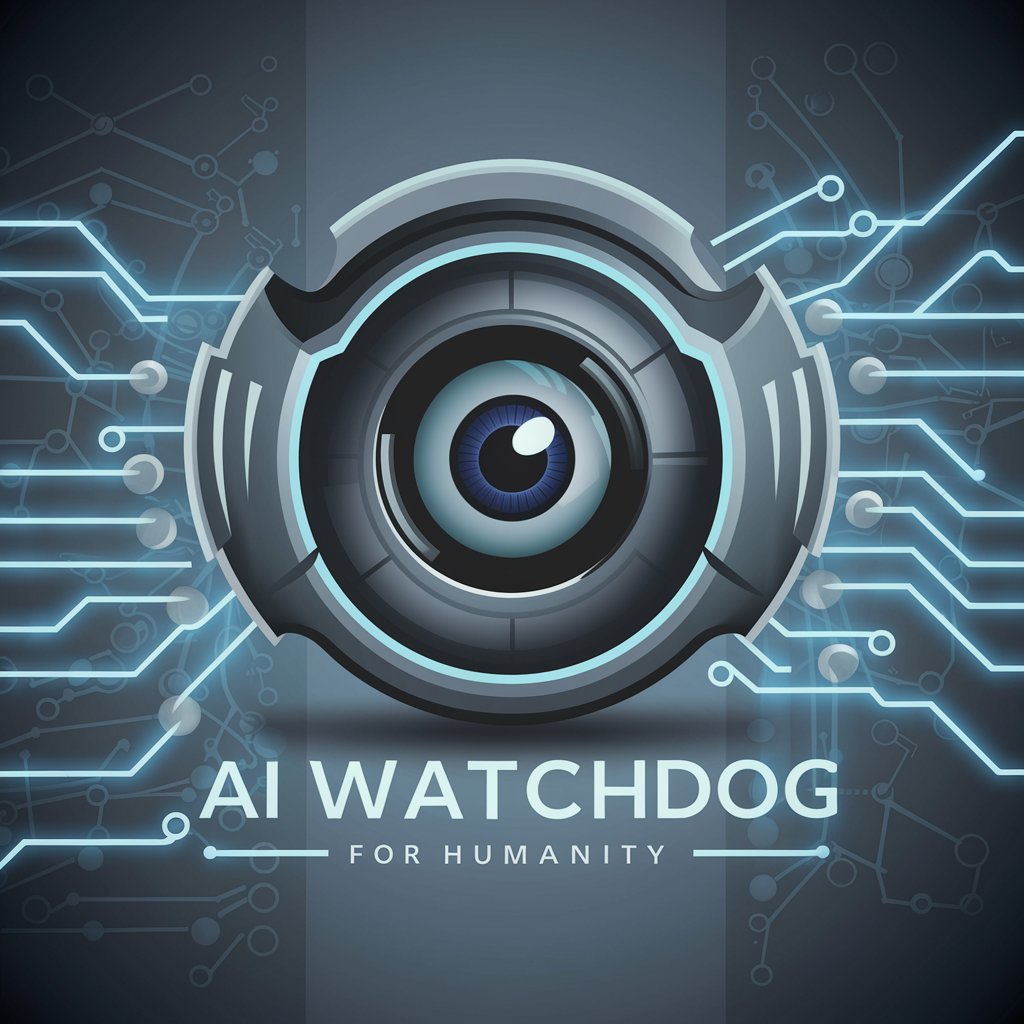
LLC Requirements
Empowering LLC Management with AI
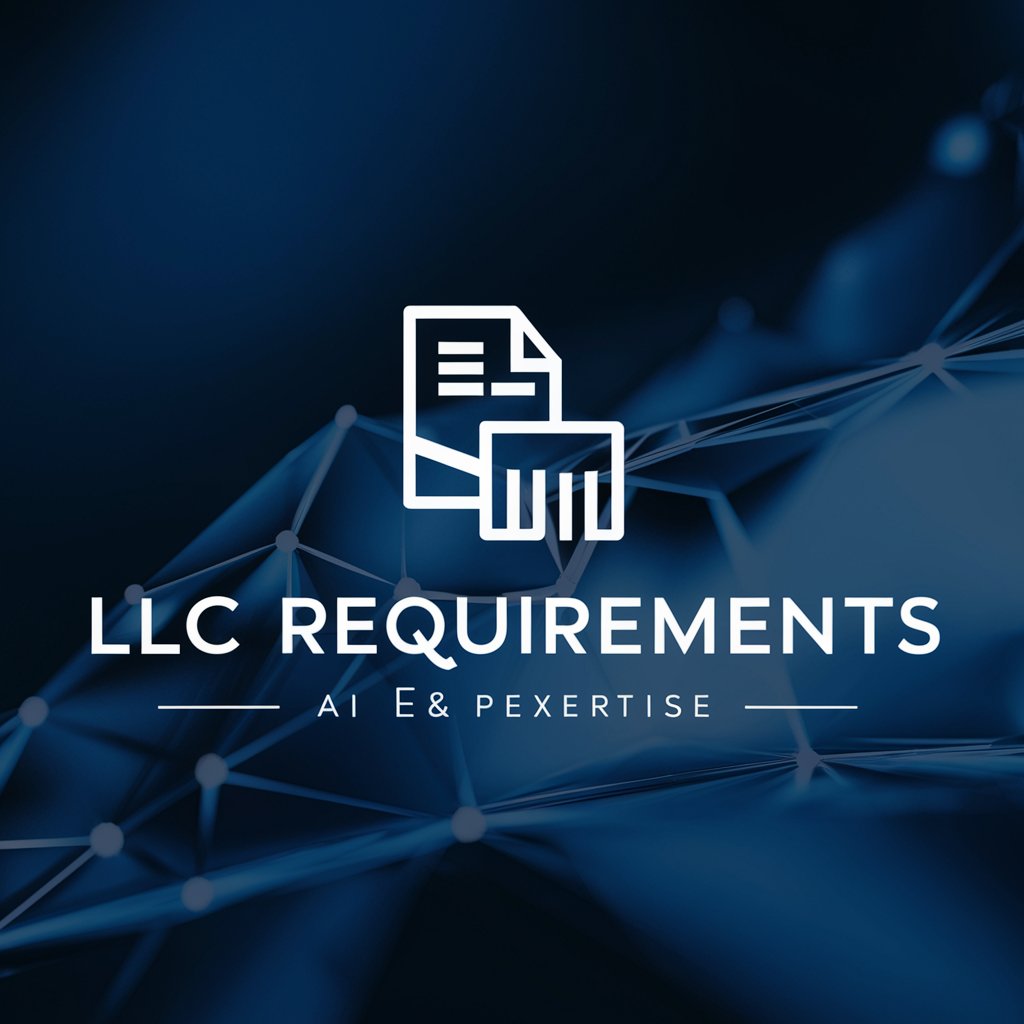
GPT Expert on Chatbot Creation
Empower Your Chatbots with AI Expertise
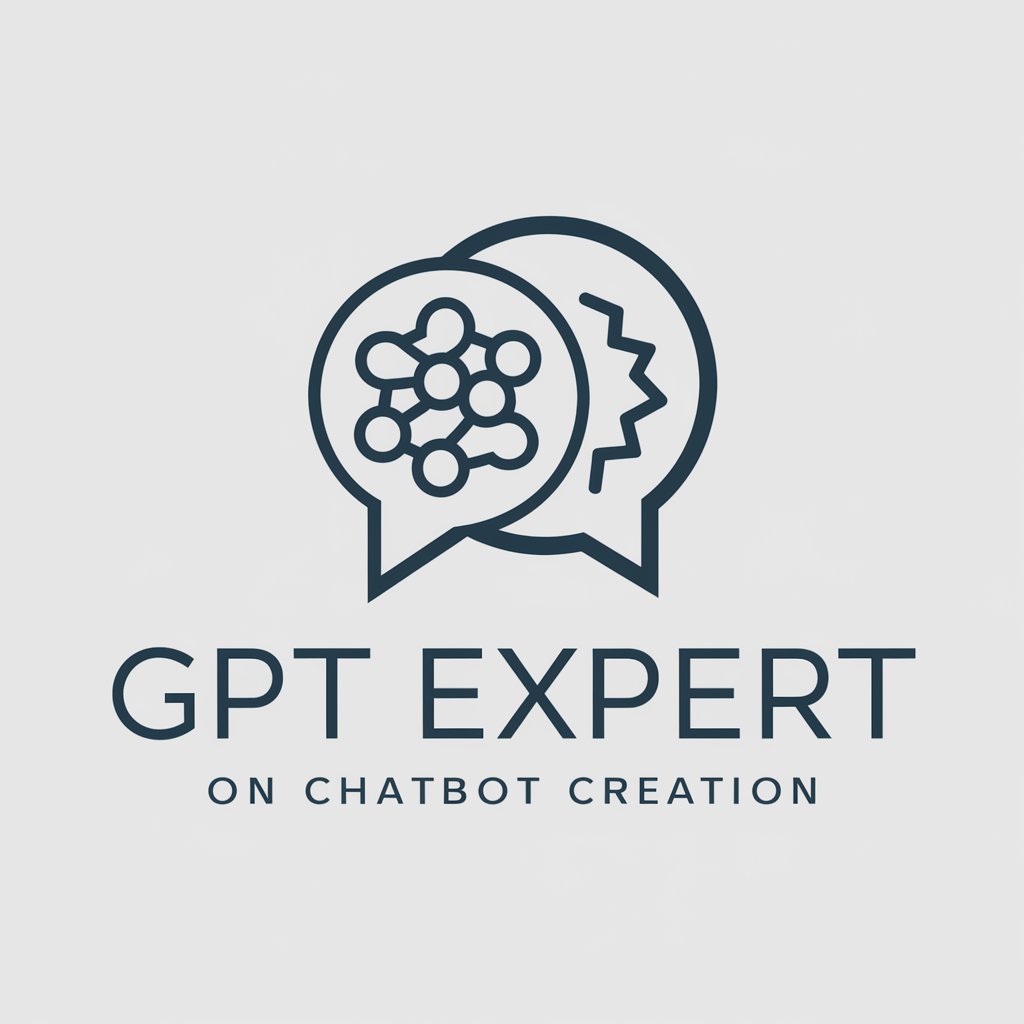
Historical Shorts Creator
Bringing History to Life with AI

A-Buzz!
Empowering stories, inclusively delivered.

Backloger.ai - Acceptance tests from User stories
Automate acceptance testing with AI

User Segmentation Lookup
AI-powered user segmentation made easy
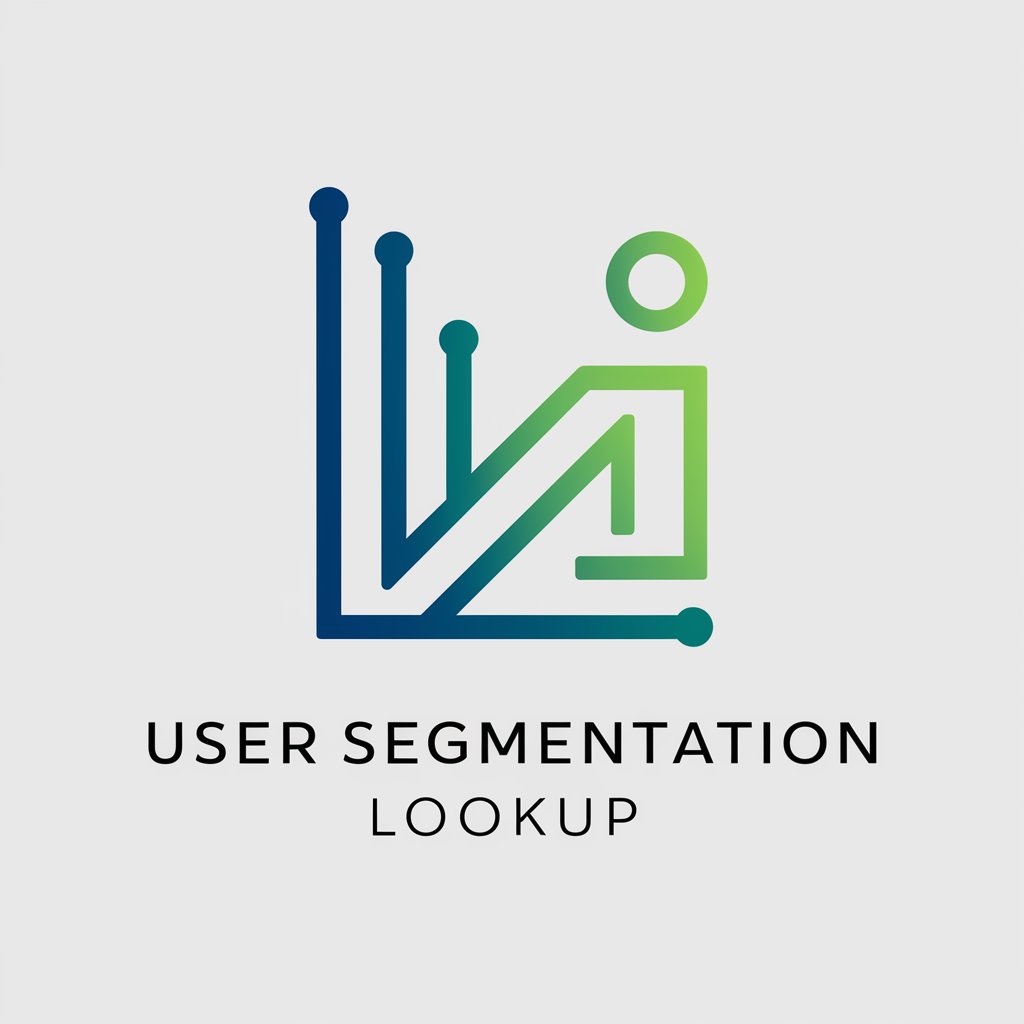
Frequently Asked Questions About MedGPT
What sources does MedGPT use for its information?
MedGPT exclusively utilizes information from DailyMed to ensure all responses are accurate and up-to-date with the latest medical data.
Can MedGPT provide drug interaction details?
Yes, MedGPT can provide detailed information about drug interactions by leveraging data directly from DailyMed, ensuring reliable and precise information.
Is MedGPT able to assist with academic research?
Absolutely, MedGPT can be an invaluable tool for academic research by providing trustworthy drug information and references from DailyMed.
How can healthcare professionals benefit from using MedGPT?
Healthcare professionals can use MedGPT to quickly access drug information, dosage guidelines, and potential side effects, aiding in informed decision-making.
What makes MedGPT different from other medical information AI tools?
MedGPT's unique advantage is its exclusive reliance on DailyMed for information, ensuring that the data provided is both trustworthy and current.
